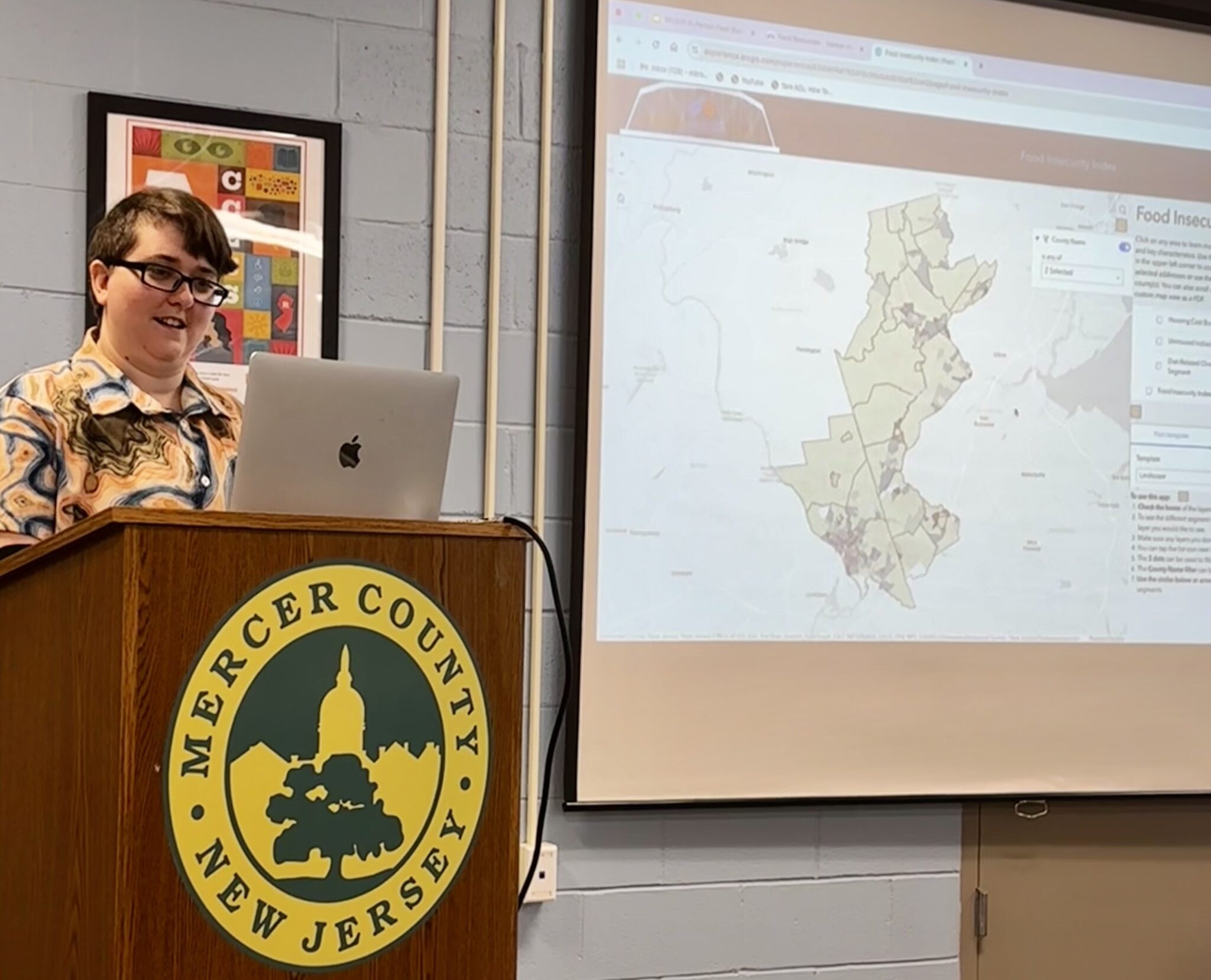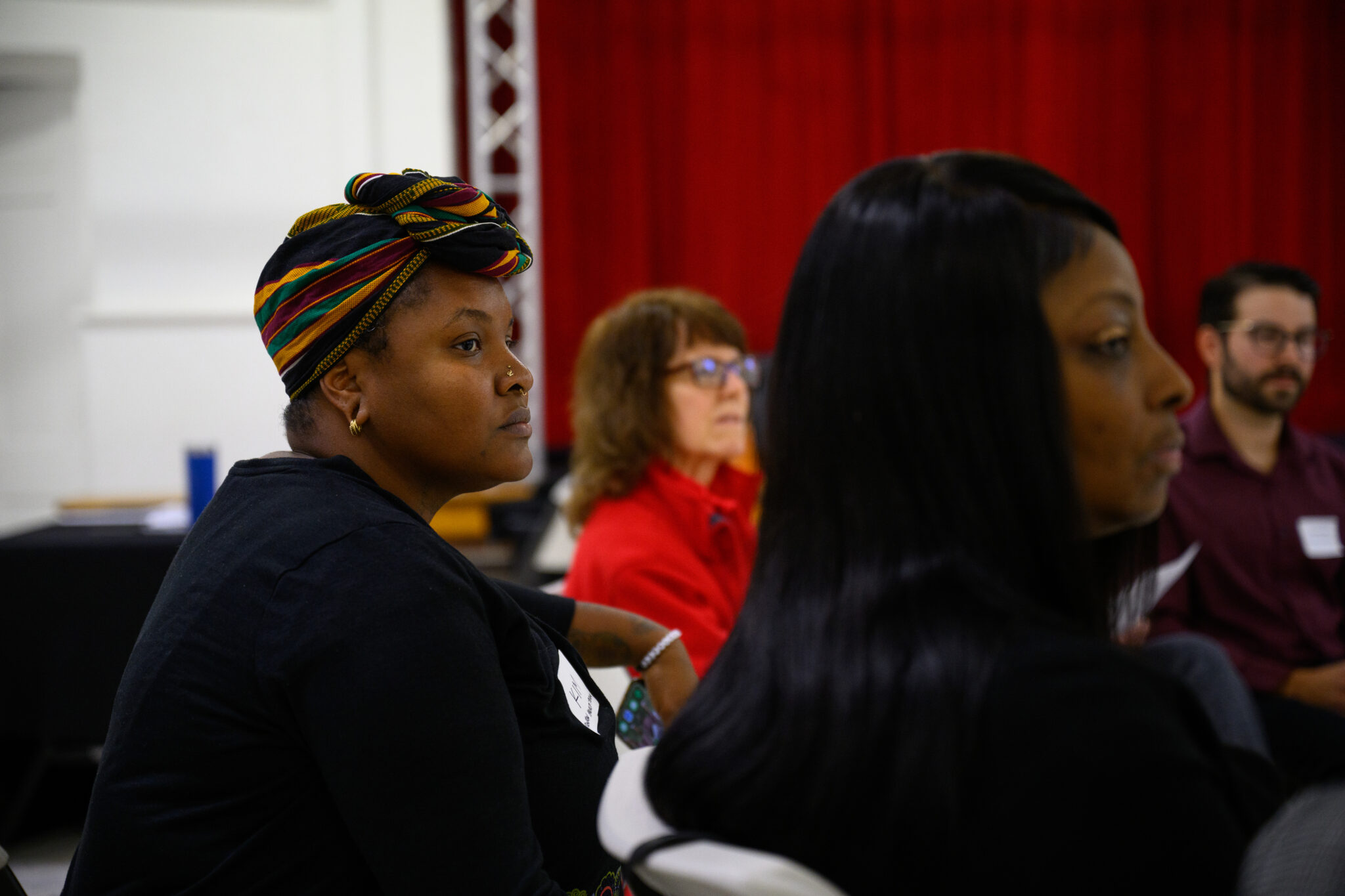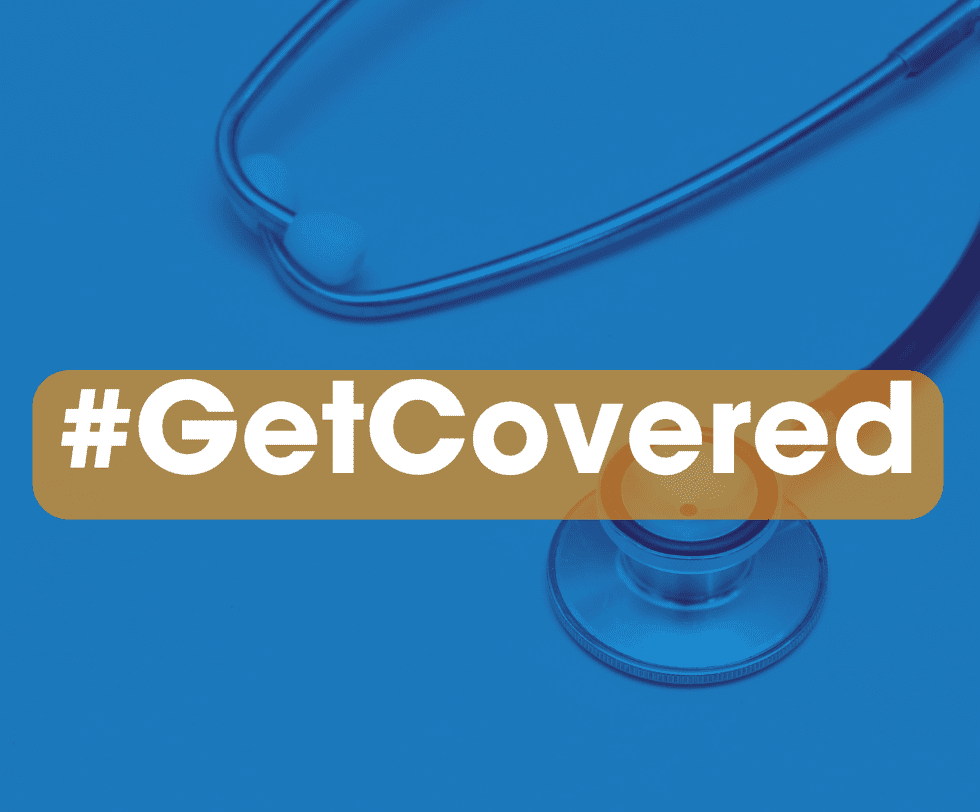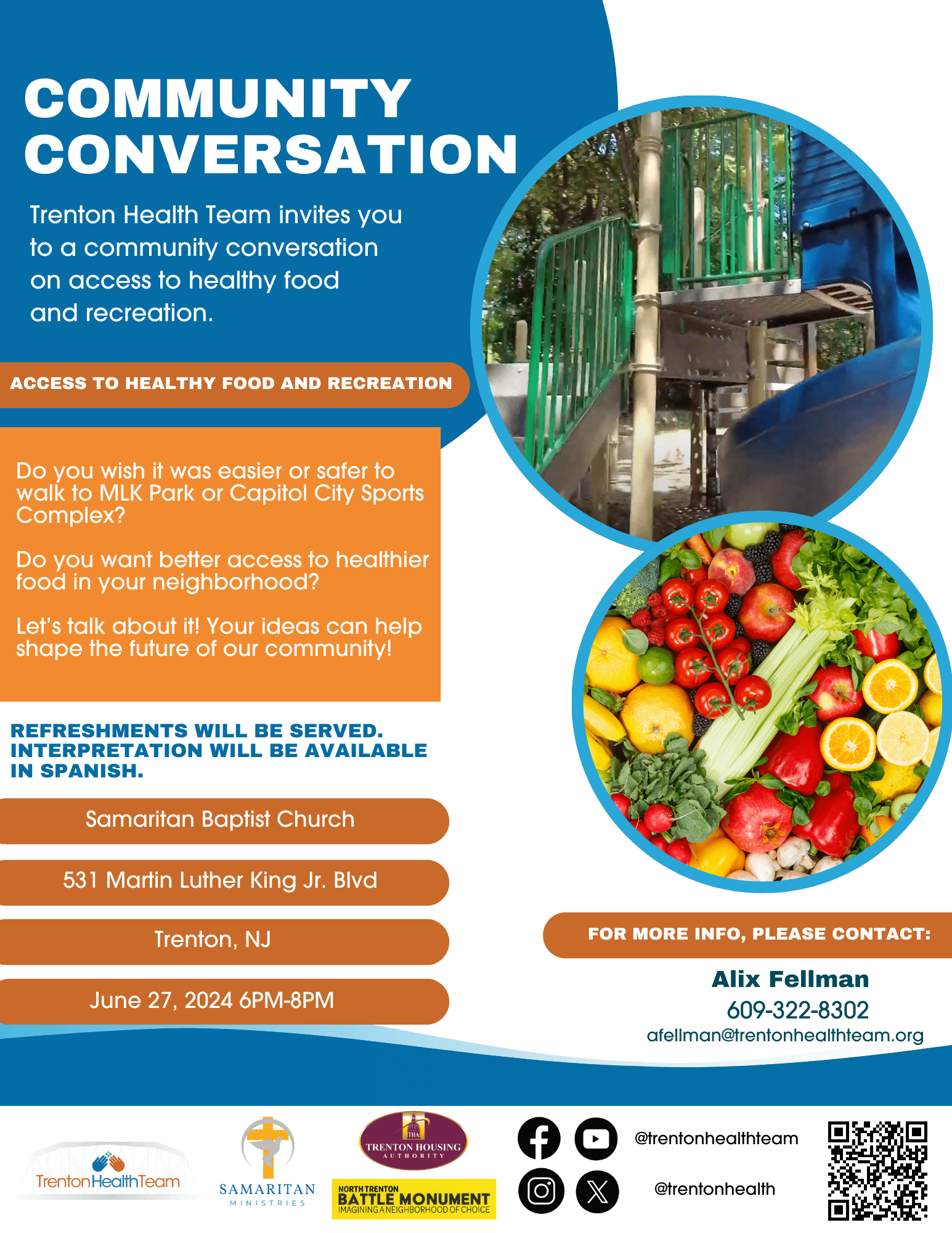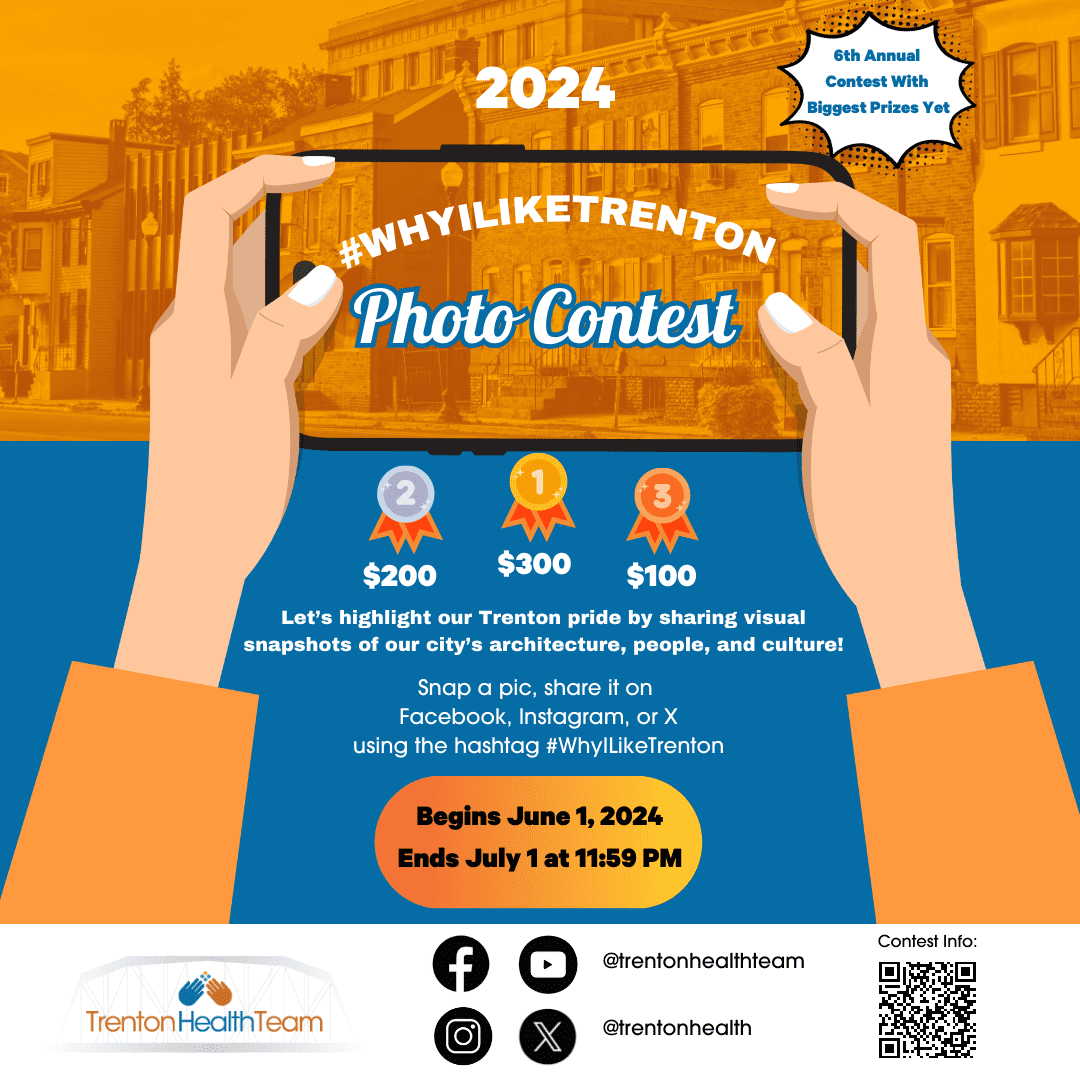Trenton Health Team Gears Up to Become an ACO
New healthcare models called for in the Affordable Care Act are rolling out across the state, and one public/private entity, the Trenton Health Team, is gearing up to be designated as an accountable care organization (ACO) by early next year.
The ACO model, a core component of healthcare reform, is a network of doctors, hospitals, and other healthcare providers that all work together to coordinate quality care for the patients they serve. The federal government calls for rewarding members for positive health outcomes, rather than with fees for services
The Trenton Health Team comprises three hospitals: Capital Health Center, St. Francis Medical Center, and the Henry J. Austin Health Center, the city’s only federally qualified health provider. It also includes community groups and the city’s health department.
“What’s unique is that for years, they were all competing with each other,” said Ruth Perry, executive director of the Trenton Health Team. “Now we have competitors working as collaborators.”
The team’s mission is to help improve the city’s chronically poor health outcomes. Working together since 2006, many of the participants are “trying to address Trenton’s fragmented primary care system, as well as the underutilization of clinics and higher rates of illness compared with other areas across the state,” said Perry.
Nearly 40 percent of Trenton residents are obese, 31 percent have high blood pressure, and 16 percent have diabetes, according to the team’s recently released 2012 Community Report.
Thanks to the involvement of the health department, the team is better able to tackle citywide health issues holistically.
“We have a strong partnership with the health department,” said Perry. “This allows us to look at how we plan to provide services from a population health perspective — caring for individuals and the community as a whole.”
According James A. Brownlee, Trenton’s director of Health & Human Services and the team’s health officer, the team adds infrastructure to efforts by the city to address its deficient healthcare system.
“We weren’t providing certain health programs for kids or for adults,” said Brownlee. “We used to give screenings for hypertension, diabetes, tuberculosis, and cancer — all funded by grants — but we no longer had a staff that could tap into these resources or follow-up with patients.
Thanks to the collaborative efforts of the team, the health department received a countywide grant for TB services, enabling it to hire a nurse case manager who works at the city’s health clinic. They were also able to recruit doctors from the team to treat TB patients free of charge.
“For the first time in long while, we’re moving in the right direction, and we have the right people at the table,” said Brownlee. Connecting With an Underserved Community
According to the 2006-2010 U.S. Census, nearly a quarter of the people who live in Trenton live below the poverty level.
Residents have less access to healthcare than those living in other parts of New Jersey. That leaves them with few places to get the services they need, so they often rely on hospital emergency rooms, according to the team’s community report.
“We had done a data search and found that we overlapped dramatically in emergency room services,” said Christy Stevenson, executive vice president of St. Francis Medical Center and the president of the Trenton Health Team.
In other words, hospitals and health clinics were providing the same services to the same individuals over and over again.
“The areas of overlap were sickle-cell disease, substance abuse, particularly alcohol. It came down to 11 people in all of Trenton that were visiting the ERs constantly,” Stevenson said.
During a six-month period starting July 2010, St. Francis Medical Center had more than 1,200 ER visits from 50 people who were poor, uninsured, underinsured and/or homeless but didn’t need urgent care.
Both St. Francis Medical Center and the Trenton Health Team targeted these individuals by trying to understand their health needs and connect them to primary care and community services.
“We were able to find housing for seven or eight people with serious issues — one woman dropped in ER visits from 400 to 26 visits the next year,” said Stevenson. “It can cost at least $1,000 for someone to go to the ER, and that doesn’t account for inpatient care.”
But a drop in ER visits also means a drop in hospital revenue.
“Clearly, we’re going to lose revenue, but this the future,” said Stevenson.
“Years ago, the line for hospitals was ‘no margin, no mission,’ so people were focused on revenue and expense management. But the world is changing. The Affordable Care Act is leading a new effort where the line is now, ‘no outcome, no income.”
Healthcare providers are still getting paid by Medicaid and Medicare, but they’re getting paid based on performance. Building a Foundation
Also on the to-do list for the Trenton Health Team is expanding primary care services so people can receive consistent care rather than getting bounced around from doctor to doctor.
According to the team’s research, residents in Kingsboro, for example, didn’t have enough access to primary care.
“We found that many of the residents had primary care doctors, but they didn’t have transportation to get to their doctors,” said Perry. “We found transportation issues to be the problem.”
Insight into such small details has allowed the team to work with other city agencies to find ways to improve access.
Health clinic schedules have also been cleared, so people can get an appointment the same day or the next day, according to Perry.
But transforming healthcare won’t happen overnight. While the team waits for ACO regulations to be implemented in 2013, it continues to work on building a foundation.
“Our goal is to provide better clinical care so we have better health outcomes, so that we’re able to reduce overall costs to the heath system,” said Perry.
About the Trenton Health Team
Trenton Health Team (THT) is an alliance of the city’s major providers of healthcare services including Capital Health, St. Francis Medical Center, Henry J. Austin Health Center and the city’s Health Department. In collaboration with residents and the city’s active social services network, THT is developing an integrated healthcare delivery system to transform the city’s fragmented primary care system and restore health to the city. THT aims to make Trenton the healthiest city in the state. Support for the Trenton Health Team was provided in part by a grant from The Nicholson Foundation. For more information, visit www.trentonhealthteam.org.



